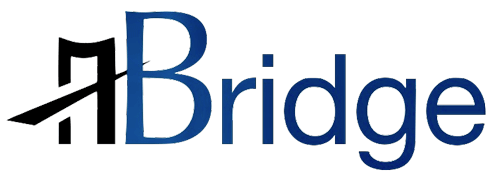Scripture:
He is the Holy Spirit, who leads into all truth. The world cannot receive him, because it isn’t looking for him and doesn’t recognize him. But you know him, because he lives with you now and later will be in you. John 14:17
Key Statements:
- Looking for the Holy Spirit
- Recognizing the Holy Spirit
Reflection:
Have you ever been to a museum and realized you just don’t know what you are looking at? You may have some sort of idea that what you are looking at is important, but because you don’t have either the understanding, education, or experience, the significance of the treasure passes you by. There is a historical tale of such an example that involves the discovery of the famous Rosetta Stone in Egypt.
The tale began 2200 years ago when the stone was carved. It somehow was lost with time, but in the year 1470, builders constructing a fort for the Ottoman Empire a few miles northwest of the port town of Rashid, Egypt incorporated a fragment of the basalt stone into the fort’s wall. It remained as part of the wall for over 300 years. Over that time the fort fell into disrepair. Then in July 1799, a company of soldiers from a French Army was tasked with rebuilding the now-dilapidated fort. It was during this reconstruction that a soldier named Pierre-François Bouchard stumbled upon the slab of black basalt.
Initially, Bouchard didn’t comprehend the significance of the find. He recognized that there were 3 sets of inscriptions, one being Greek on that stone, and thought it might be potentially valuable, yet the true importance eluded him. Little did he know that this stone would someday become the key to unlocking all the secrets of ancient Egypt and Egyptian hieroglyphs.
Napoleon’s main army left Egypt 2 years later in 1801 having been defeated by the English under the leadership of Lord Nelson. It was at this time that Bouchard and his fellow French soldiers surrendered the fort to the English and agreed to relinquish any ancient treasures they had found in the region, including the Rosetta Stone. This “very curious stone,” in the words of a London newspaper, arrived in England in February 1802 and went on display at the British Museum. It was apparent to many that the Rosetta Stone might be the key to unlocking hieroglyphs, it wasn’t until 20 years later that the code was finally cracked by a French Linguist named Jean-François Champollion. His ability to crack hieroglyphs opened up 4000 years of Middle Eastern and Egyptian history. If you visit the stone today, you can still see the painted inscriptions on the slab’s sides “Captured in Egypt by the British Army,” and on the other, “Presented to King George III.”
The story of the Rosetta Stone highlights the truth Jesus was sharing in John 14: 17. Jesus said those captured by this world cannot receive the Holy Spirit, because they are not looking for him and they do not recognize him. They have neither the ability to see nor recognize what is happening, even though they may have some idea that something or someone is at work behind the scenes in our world. Like me in the museum, or Bouchard with the Rosetta Stone, they just don’t know what they don’t know.
Yet, Jesus said that his disciples would know him by being, in Christ, and that being in Christ would mean that the Holy Spirit would be in us. It is being in Christ that gives us the ability to see and understand the work of the Spirit of God in our lives. “Whoever has ears, let them hear what the Spirit says to the churches” is what John wrote some 30 years later while on the Island of Patmos. Are we looking and are we recognizing the work of the Holy Spirit? It is a characteristic of the followers of Jesus that must be developed daily right along with the other virtues of our faith. “For those who are led by the Spirit of God are children of God. Romans 8:14
Let’s be looking for and recognizing what the Spirit is doing in our days. Amen!
David


Recent Comments